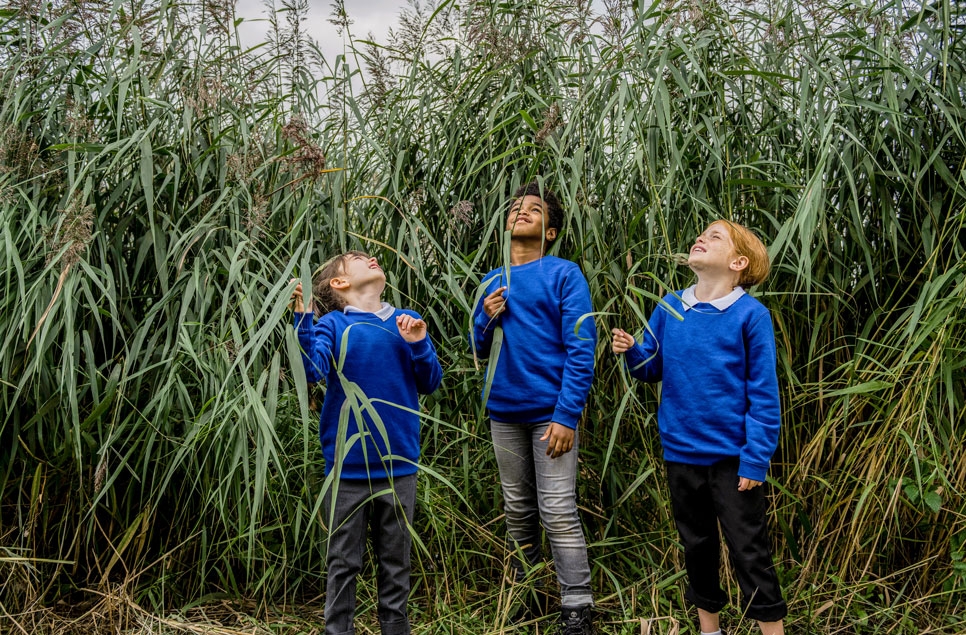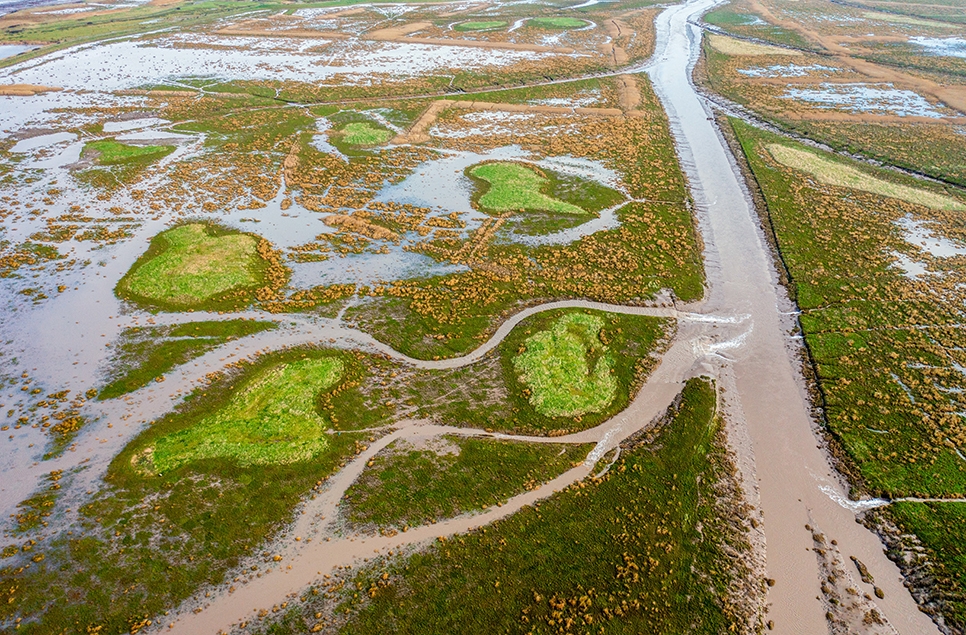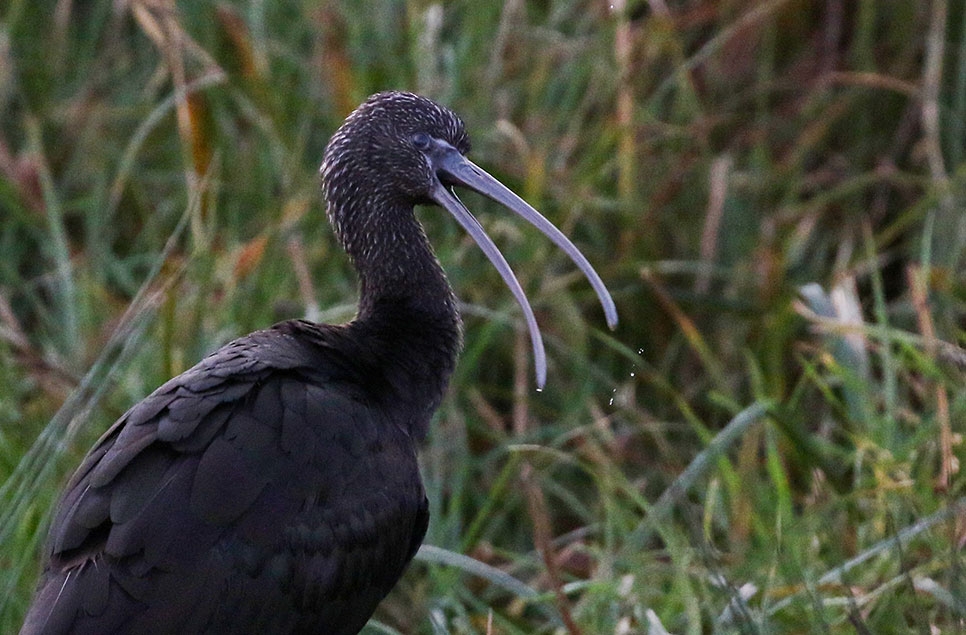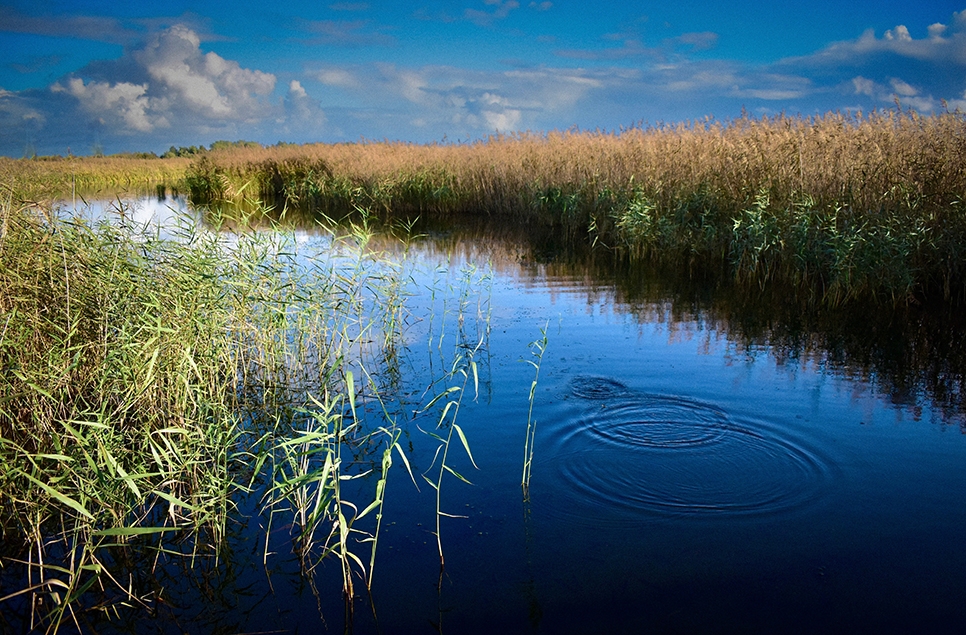Q&A with Birdgirl, Mya-Rose Craig
A passionate birder from a young age and now one of the UK’s youngest conservation campaigners and diversity activists, Mya-Rose Craig tells us about her hopes for the future of our planet and the joy she gets from being in nature.
A passionate birder from a young age and now one of the UK’s youngest conservation campaigners and diversity activists, Mya-Rose Craig tells us about her hopes for the future of our planet and the joy she gets from being in nature.
Since you started your group Black2Nature do you think nature has become more accessible to different types of people?
I started organising my first camp in January 2015, when I was 12 years old. At that time I knew of four birders, other than my family, who were Visible Minority Ethnic (VME) and would go years between seeing one of them. I also never saw anyone who was VME just out walking in the countryside at that time. I first raised the issues with organisations such as WWT, RSPB and The Wildlife Trust in the autumn of 2015, when organisations had hardly even noticed the lack of diversity at their reserves or in their memberships.
Since then, natural spaces are a bit more ethnically diverse especially with new organisations being set up during lockdown. This is great, but it is important that there are events that are free, for the most marginalised young people and families. That is why my charity Black2Nature ensures that its camps and activities are free for everyone.
How did you get into birdwatching?
My parents and older sister, Ayesha, were avid birders before I was born and so I was just taken with them wherever they went birding, even taking me to the Isles of Scilly when they went to see a lesser kestrel from Europe when I was only 9 days old. By the time I was 3 years old, I had become passionate about birds too. My sister was 15 by then and super cool. So if she loved birds, then so would I.

Tell us a bit about your hopes for the future and the next generation.
I have to feel hopeful that things will change and we will stop the worst impacts of climate change and biodiversity loss. If I was to stop feeling hopeful, then I would not be able to carry on as an activist because what would be the point? I hope that with more young people fighting for the environment things can only get better, especially as with Gen Z entering the workforce, companies and corporations will change from within.
I hope that the next generation, those who are babies now, do not have to cope with eco-anxiety, floods, heatwaves and an uncertain future. When I wrote my book, We Have A Dream, I interviewed 30 young environmentalists of colour from around the world. What struck me was that they were so young when they started campaigning. I hope that in the future, children do not feel that they have to become activists, but can instead spend their childhood playing outside.

What do you feel, as a younger person, needs to happen next with regards to the climate crisis?
As a young person I feel very let down over the lack of action on climate change. COP26 was a really big example of this, where politicians push through long distance targets, for example in Brazil, so that they can just carrying on logging with impunity.
Only one hundred companies are responsible for 70% of the world's total carbon emissions. So forcing corporations to cut their carbon emissions has to be our top priority in order to halt climate change. These corporations, their shareholders and supporters are spending high sums on PR propaganda to try and convince us that we have the ability to make the needed difference by making individual changes when this is not true.
We also need to ban the funding electoral campaigns by fossil fuel companies, so that we get the needed action from politicians. In the 1970s a PR company paid for by BP came up with the idea of the individual "carbon footprint", making people feel responsible for carbon change as individuals and instilling the idea that as such we can stop climate change. This is not the case and climate shaming has become a way of silencing climate activists with the idea that you are not allowed to comment on climate change unless you have zero "carbon footprint". Almost nobody has this kind of lifestyle, so this is a way of silencing climate activists.
What’s do you think is the single most powerful thing we can do on an individual level to support the climate?
I would say, hold your MP to account over how they vote on climate change. Once politicians start acting decisively, the rest will fall into place.
What is the most unforgettable experience you’ve had whilst you’ve been out in nature?
This has to be seeing a harpy eagle in the Brazilian Amazon when I was 17 years old, the bird which was also the one that took me to seeing half the birds of the world.
When I was eight years old, we went to Ecuador in the summer holidays. On the flight, I looked through the huge field guide and picked out 10 stunning birds that I wanted to see most. I managed to see all the birds, except one, a harpy eagle. It is the largest eagle in the world, living off monkeys in the Amazon. Despite looking for them all over South America, I had not managed to see one. Nine years later, the site in Brazil was a surprise addition to our route and I still was not expecting to see one. We reached a nest which had been vacated by the birds six months before, but there was young bird sitting above us. I just remember that I couldn’t stop smiling!

What is the best bit of nature you’ve seen today?
Today I have been at home and saw a blue tit on the feeder outside my open bedroom window. Not that exciting, but I really enjoyed it being so close to me.
Tell us about the nature you enjoy seeing at WWT
My nearest WWT reserve is Slimbridge which is about an hour from my house. I have been visiting since I was a child and really love it there. As a small child I loved feeding the ducks and geese and later, identifying the birds from around the world. I can remember being captivated by the flamingos and when I visited last week, got very excited spotting two common cranes from one of the hides.
Why do young people need access to green and blue spaces?
It is essential for young people especially to have access to and visit natural spaces regularly. There is a huge amount of research which supports that going outdoors improves the well-being of both adults and children, reducing their chances of suffering from the symptoms of mental illness. How we are able to connect with our natural surroundings, is important for how well we can manage our mental health.
In your memoir, Birdgirl, you talk about the link between nature and mental wellbeing. Have you found that spending time in green and blue spaces can boost your mood?
In Birdgirl I write about my love of birds and nature from being a young child. For me, birding is a type of mindfulness, a way to combat anxiety and stress. You will see from my stories of birding around the world, that birding gives me a diversion, something beautiful in my life. Being out in nature gave me and my family a channel to lift our mood and help us cope with the impact of my mother’s severe bipolar disorder. I think if there is one take away from my book, it is that connecting with nature can help everything.

How would you like to influence future generations?
My recent book launch was in London and lots of my mother’s Bangla cousins came to the launch with their children, hoping that I would influence them and make them feel inspired to carry through what they wanted to do in life. It is really important to have role models who look like you. This is really what I would like to continue doing - helping young people, particularly those who feel marginalised, to be inspired to follow their dreams and make a difference.




